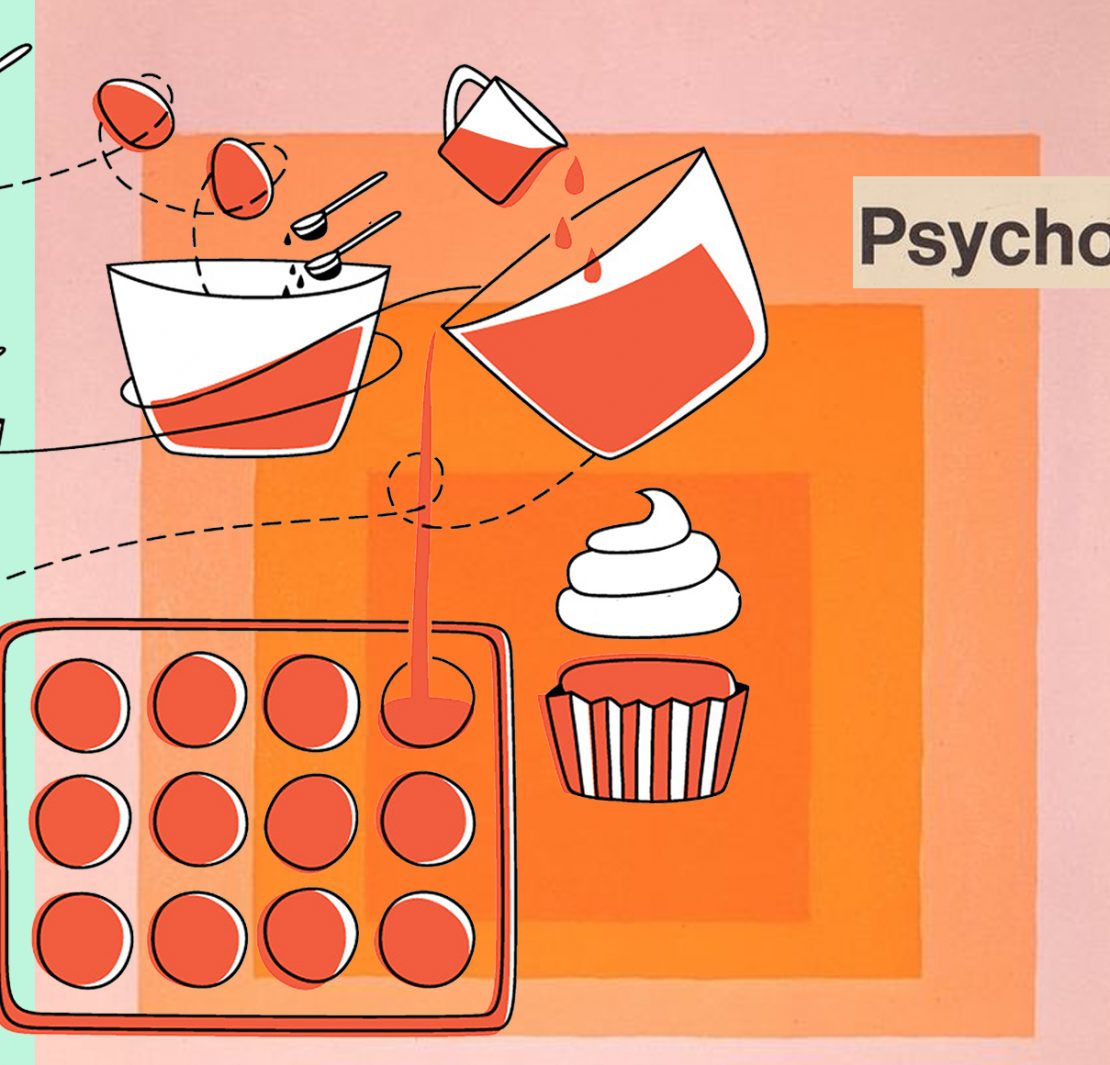If you are thinking about doing a psychology degree in Australia, or training to become a psychologist, please stop to spend time reading this first.
I wanted to share my “insiders” perspective with anyone contemplating investing years of their life and a lot of money training to be a psychologist. Training to be a psychologist can be a very rewarding experience, however it is important that before you decide to take the plunge, you learn about the process of psychological training first, so your decision to become a psychologist can be an accurate.
In this post I’ve included:
- So you want to become a psychologist?
- What happens after your 4 years of study?
- Seems like a whole lot of study for me. Is there another way for me to become a counsellor/psychotherapist?
- Why doesn’t everyone just become a counsellor then?
So you want to become a psychologist?
When people tend to talk about wanting to become a psychologist, they tend to specifically mean they want to become counselling psychologists.
This is no surprise as psychology is mostly known to the public as a “healing profession”. Psychology is, of course, a lot broader than this, but most depictions of psychologists in the media and society are the images of psychologists that help others deal with clinical or personal problems.
So people often mistakenly believe that they will be learning about the counselling components of psychology and perhaps getting practical, hands on experience in psychology training at the beginning.
In reality, you will instead spend the first four years learning close to nothing about counselling or doing anything remotely “hands on” at all. This usually comes as a big surprise and shock to many.
A Bachelor in Psychology generically trains you to become a capable scientist able to do scientific research in any of these speciality areas of psychology later in Masters or Doctoral programs (your 5th, 6th and 7th years). It is also in your 5th, 6th and 7th years where you get to do practical “hands on” work, usually through an internship or placement.
What happens after your 4 years of study?
Once you have done your 4 years of training, you then can register as a “provisional psychologist” with the Psychology Board of Australia; which means you can gain fully registration by either doing 2 years of practical supervision, a 2 years Masters degree, or a 3/4 year Professional Doctorate degree (note this is not a PhD) to become a fully registered “psychologist”.
Seems like a whole lot of study for me. Is there another way for me to become a counsellor/psychotherapist?
Yes. To become a counsellor, you do not need to become a psychologist.
The term “counsellor” or “psychotherapist” are not legally protected job titles, unlike “psychologist” which is.
Therefore, you could technically speaking become a “counsellor” without doing a day of study! That said, there are many courses out there you should consider which will teach you the skills necessary to become a counsellor in a much shorter time frame than the minimum 6 years, it will take you to become a “counselling psychologist”.
Best of all, you will not likely have to ever do statistics and the training is likely to be all hands on, practical learning. You may save yourself some heartache with this option, if spending many years in front of a statistics program is just not for you.
Why doesn’t everyone become a counsellor then?
Becoming a psychologist, allows your clients to get medicare rebates for your time and perhaps this is worth the extra investment. In addition, becoming a psychologist also opens up other doors not necessarily related to counselling. I am, for example, personally interested in working in organisational, sport, military and/or consumer psychology myself.
Want more psychology stories? Criminal psychology + “Not the degree I thought” + Career Ladder: How to become a Clinical Psychologist in mental health + What is it really like to study psychology? + “Mental health interests me,” an interview with an addiction counsellor, clinical psychologist and a psychiatric technician.
OR
Did you want to look up psychology courses?
What's Your Reaction?
Excited
12
Happy
15
In Love
3
Not Sure
41
Silly
5






